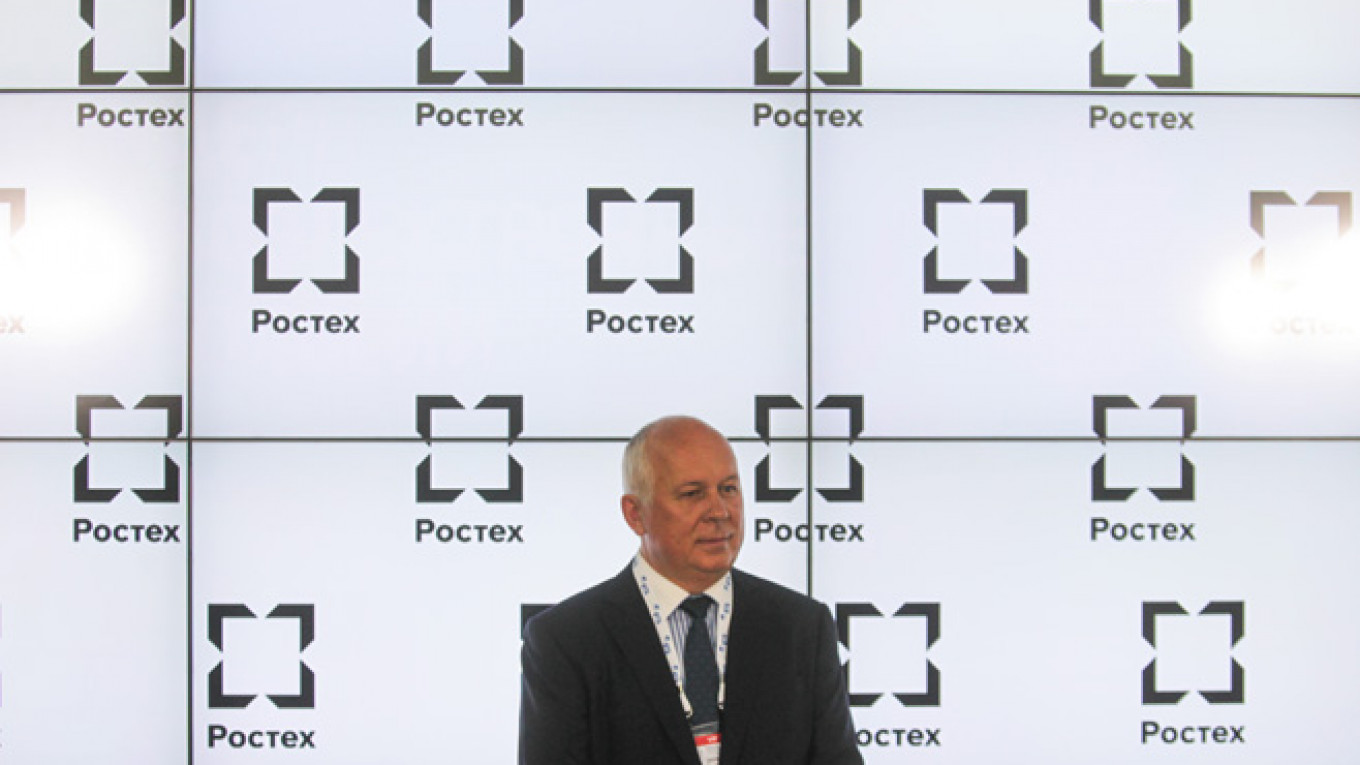KAMPALA, Uganda — A consortium led by Russia's RT Global Resources has won the contract to build and operate Uganda's $2.5 billion crude oil refinery, the energy ministry said on Tuesday, in a vital step to hasten oil production.
The east African nation struck hydrocarbon deposits in 2006 but commercial production has been delayed and is not expected to start until 2018 at the earliest. Wrangling over taxes and the viability of the refinery have delayed crude production.
Uganda plans to build the refinery to process its hydrocarbon reserves, estimated at 6.5 billion barrels, which lie along its border with the Democratic Republic of Congo.
"RT Global Resources emerged as the selected preferred bidder," Irene Muloni, the minister for energy and mineral development, said in a statement.
RT Global Resources, owned by Russian defense conglomerate Rostec, leads a consortium that also includes Russian oil producer Tatneft and VTB Capital, the investment banking unit of Russia's No. 2 bank VTB. Others partners include South Korea's GS and Telconet Capital Ltd Partnership.
Britain's Tullow Oil, French oil major Total and China National Offshore Oil Corporation (CNOOC) are developing Uganda's fields.
Tullow and the government had a dispute over the size of the planned refinery. The government had wanted to build a refinery with capacity to process 120,000 barrels per day (bpd). It later agreed to scale that back to 60,000 bpd.
The refinery's private developer will take a 60 percent stake, while the government will take up the remainder. The refinery will start with an initial output of 30,000 bpd in 2018.
Opposition lawmakers, however, raised doubts about the selection of a company closely linked to Russian arms exports.
"Museveni is looking at Russia as the guys who will sell him all the arms he wants without any questions," Francis Mwijukye, deputy spokesperson for Uganda's largest opposition party said, referring to President Yoweri Museveni.
George Boden of London-based Global Witness, an extractive industries transparency pressure group, said the government had to show it had selected the best company for the job and not entered into any other deals to secure the investment.
"Transparency is key to the success of the refinery project," Boden said.
Robert Kasande, the energy ministry official overseeing the refinery project, said the selection process was transparent, adding doubts raised over the project were "an old cliche."
A Message from The Moscow Times:
Dear readers,
We are facing unprecedented challenges. Russia's Prosecutor General's Office has designated The Moscow Times as an "undesirable" organization, criminalizing our work and putting our staff at risk of prosecution. This follows our earlier unjust labeling as a "foreign agent."
These actions are direct attempts to silence independent journalism in Russia. The authorities claim our work "discredits the decisions of the Russian leadership." We see things differently: we strive to provide accurate, unbiased reporting on Russia.
We, the journalists of The Moscow Times, refuse to be silenced. But to continue our work, we need your help.
Your support, no matter how small, makes a world of difference. If you can, please support us monthly starting from just $2. It's quick to set up, and every contribution makes a significant impact.
By supporting The Moscow Times, you're defending open, independent journalism in the face of repression. Thank you for standing with us.
Remind me later.






